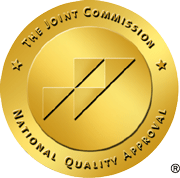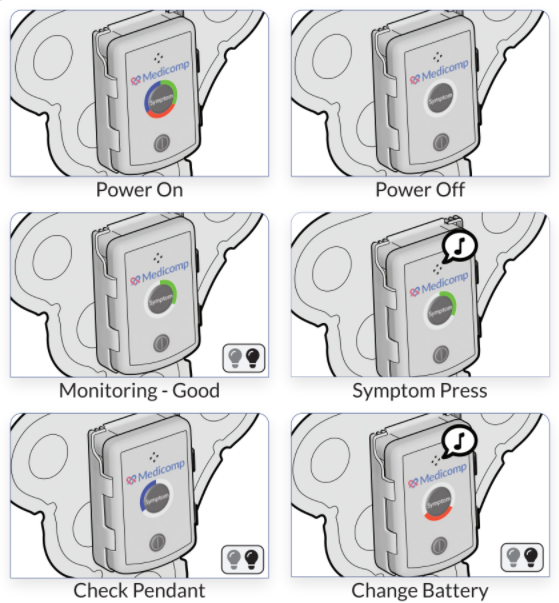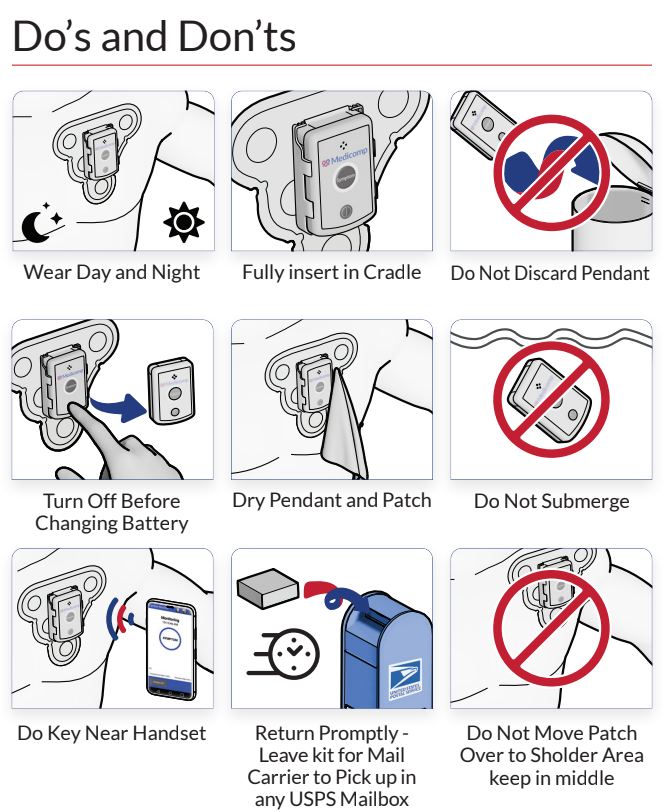Can too much exercise harm your heart? Some experts have found that extreme exercisers are more likely to develop an arrhythmia than those who were active, but not competitively. For many, exercise is something that many Americans don’t get enough of. For a small majority of others, exercise is a part of their daily lives. But believe it or not, for high-performance athletes who are extreme exercisers, too much can actually be a bad thing. Those who find themselves to be exercise addicts should be aware of arrhythmia monitoring and should seek a doctor if you experience any symptoms from your heart.
A study done in 2011 of lifelong competitive athletes aged 50 and older found that they had more fibrosis, or scarring, in their heart muscle than those who were active, but not competitive athletes. While an overwhelming amount of evidence shows that exercise reduces heart disease, there have been limitations where people can do too much.
The study also suggested that those who finished races faster than others were at a higher risk of developing an arrhythmia serious enough to require medical attention. When athletes are training heavily in endurance sports, the heart muscle dilates and the pumping chamber thickens, which can cause the top chambers of the heart, or the atria, to quiver irregularly. Since the heart becomes more efficient from training, it can lead to slower heartbeats, which can have its dangers. Atrial fibrillation (fast and irregular movement in the atria) increases your chance of stroke, chest pain and even heart failure.
These findings shouldn’t deter you from exercising, but if you are a highly competitive athlete, it’s important to talk to your doctor about underlying heart risks, and to undergo arrhythmia monitoring if you feel any type of irregular symptoms. Taking steps to live a healthier life can greatly increase your heart health and reduce the risks that may contribute to heart disease.
ReactDx specializes in providing customers with arrhythmia monitoring systems that make heart monitoring as accurate as possible. Contact us today at 800-23-HEART to find out more about our arrhythmia monitoring solutions that will help you live a healthier life.



